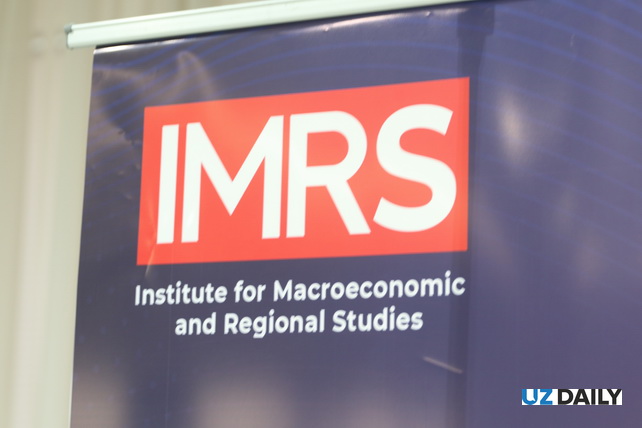
Analysis of Changes in the Preschool Education System from 2017 to 2024
Analysis of Changes in the Preschool Education System from 2017 to 2024
Tashkent, Uzbekistan (UzDaily.com) — Specialists from the Institute of Macroeconomic and Regional Studies (IMRI) under the Cabinet of Ministers of the Republic of Uzbekistan have conducted an analysis of the changes that took place in the preschool education system between 2017 and 2024.
The analysis revealed the following indicators: In 2017, there were 5,186 preschool educational institutions operating in the country. By the end of 2024, their number had increased sevenfold, reaching 38,058.
The number of available places in these institutions grew by 3.3 times, totaling 2.4 million.
The coverage rate of children aged 3 to 6 in preschool education reached 76% in 2024, which is three times higher than in 2017 (25.4%).
The number of pedagogical staff in preschool institutions now stands at 175,000, with an average of 13.4 children per educator. Over the analyzed period, the number of teachers increased 2.7 times.
In 2020, the publication "Finance Inquirer," based on research by the Research Group Central Asia (RGCA) as well as data from UNICEF, the World Bank, and the Organisation for Economic Co-operation and Development (OECD), noted that Uzbekistan ranked first among 10 countries worldwide with the fastest growth in preschool education coverage.
Starting October 9, 2023, the international system for assessing the quality of preschool education, MELQO, was introduced for the first time across all regions of Uzbekistan. According to the assessment results, the overall condition and quality of the educational process in preschool institutions are at a high level. In particular, the average mastery rate of basic mathematical skills among children was 94%, while early literacy skills among older and preparatory groups exceeded 77%. It is important to note that 90% of the preschool institutions involved in the assessment were fully equipped with educational-methodical and didactic literature.
As part of the World Bank project "Improving the Early Childhood Development System," 30 renovated buses have been deployed across 9 regions of the republic. Thanks to this initiative, 142 mobile groups were established in remote and hard-to-reach areas, creating an additional 2,528 places for children. The main goal of this project is to ensure equal access to preschool education for all children and to expand preschool institution coverage.
The "Uzbekistan – 2030" strategy sets goals for achieving full coverage of children by preschool and preparatory groups, equipping all state preschool institutions with computer classes to develop basic computer skills among pupils, as well as ensuring that 100% of preschool institutions have access to clean drinking water and modern sanitary and hygienic infrastructure.